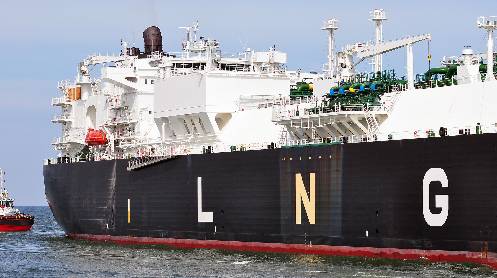ISLAMABAD: Amid an economic downturn, Pakistan is considering reducing its long-term liquefied natural gas (LNG) imports next year by renegotiating terms with Qatar to alleviate financial and technical burdens.
This was revealed during a public hearing by the National Electric Power Regulatory Authority (Nepra) on a request from the Central Power Purchasing Agency (CPPA), which is seeking an additional Rs3.41 per unit in fuel cost adjustment (FCA) from consumers of ex-Wapda Distribution Companies (Discos) to recover about Rs42 billion for electricity sold in May.
Coinciding with this, the Oil & Gas Regulatory Authority (Ogra) announced a nearly 5% increase in the price of regasified LNG (RLNG). With transmission and distribution losses of up to 15% by Sui gas companies, Ogra set the RLNG sale price at $14.4 per million British thermal units (mmBtu) for June, up from $13.75 per mmBtu in May.
During the public hearing, Nepra Chairman Waseem Mukhtar and members raised concerns about economic order violations, leading to higher fuel costs for consumers. They noted the excessive use of imported LNG at Rs24 per unit, instead of cheaper coal-based electricity at Rs11.7 per unit from local coal and Rs16.8 per unit from imported coal.
Nepra members expressed displeasure and questioned the frequent gas pressure line pack issues reported by local gas companies, which led to the shutdown of cheaper domestic gas fields and reliance on expensive imports. They also inquired about the possibility of renegotiating long-term LNG contracts.
Rehan Akhtar, CEO of CPPA, explained that higher LNG consumption was a contractual obligation. Pakistan is set to import about $7 billion worth of LNG by December this year under a long-term contract with Qatar. He acknowledged that cheaper coal-based power generation was available but unused due to penalties associated with not consuming the contracted LNG quantities.
Akhtar added that the LNG import schedule, based on estimated electricity demand for May, did not align with the actual demand, which dropped by 5% due to weather conditions, leading to the closure of domestic gas fields.
He emphasized the stakeholders’ concern over the economic impact of LNG imports and the foreign exchange losses incurred from shutting down domestic resources.







